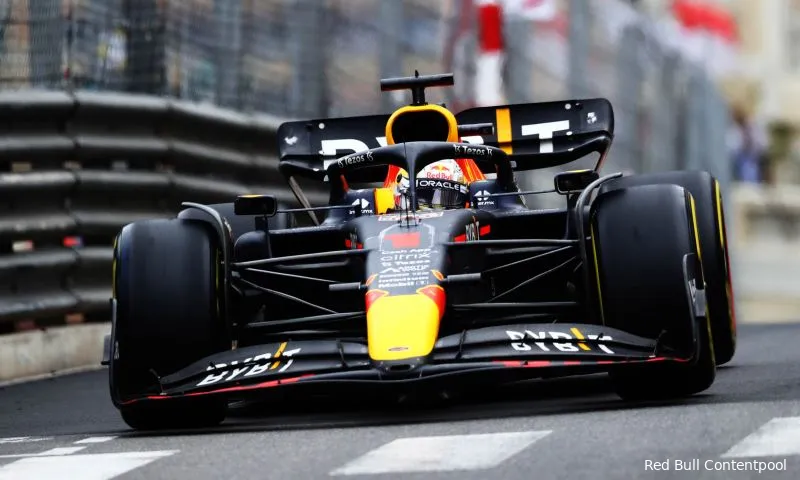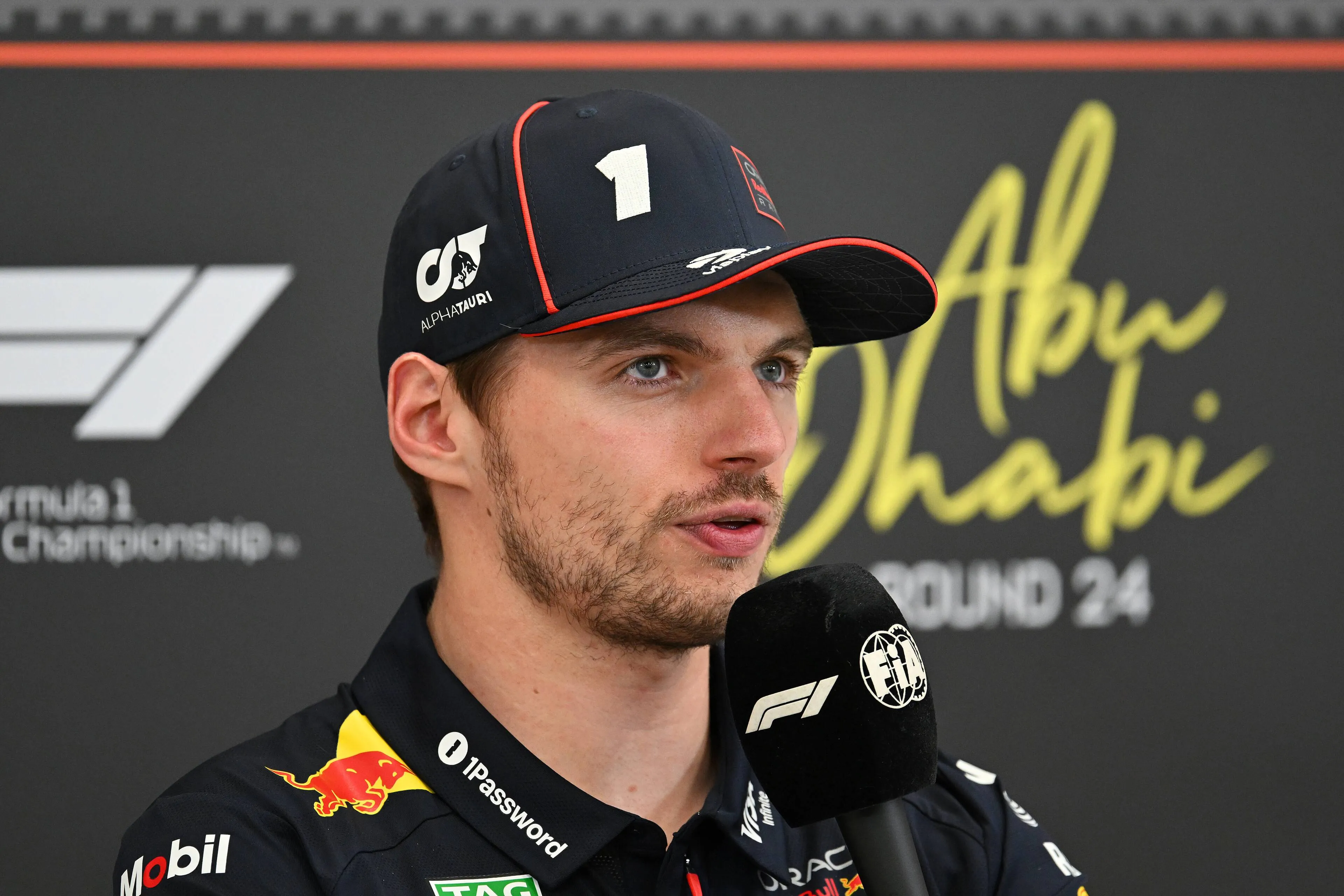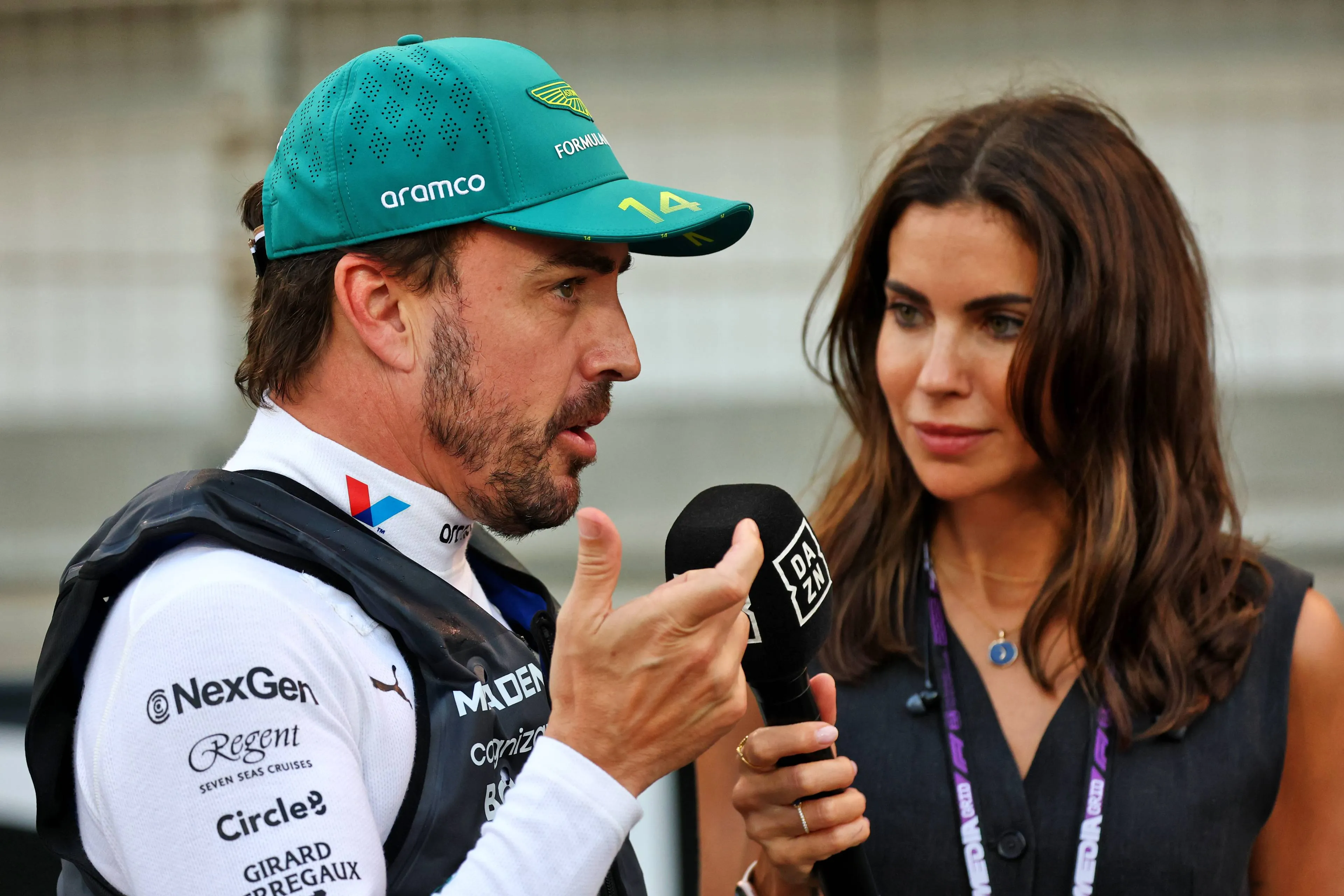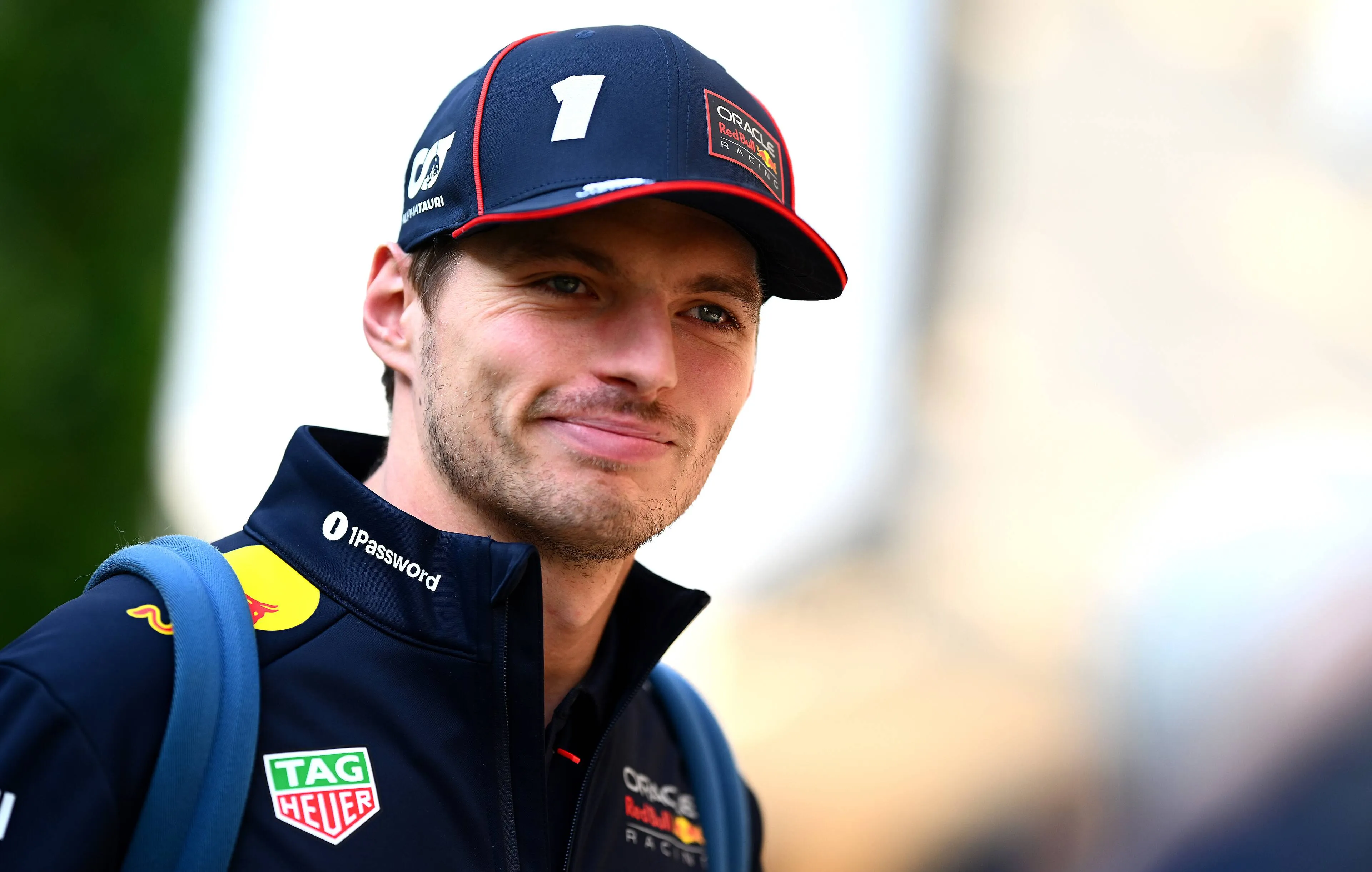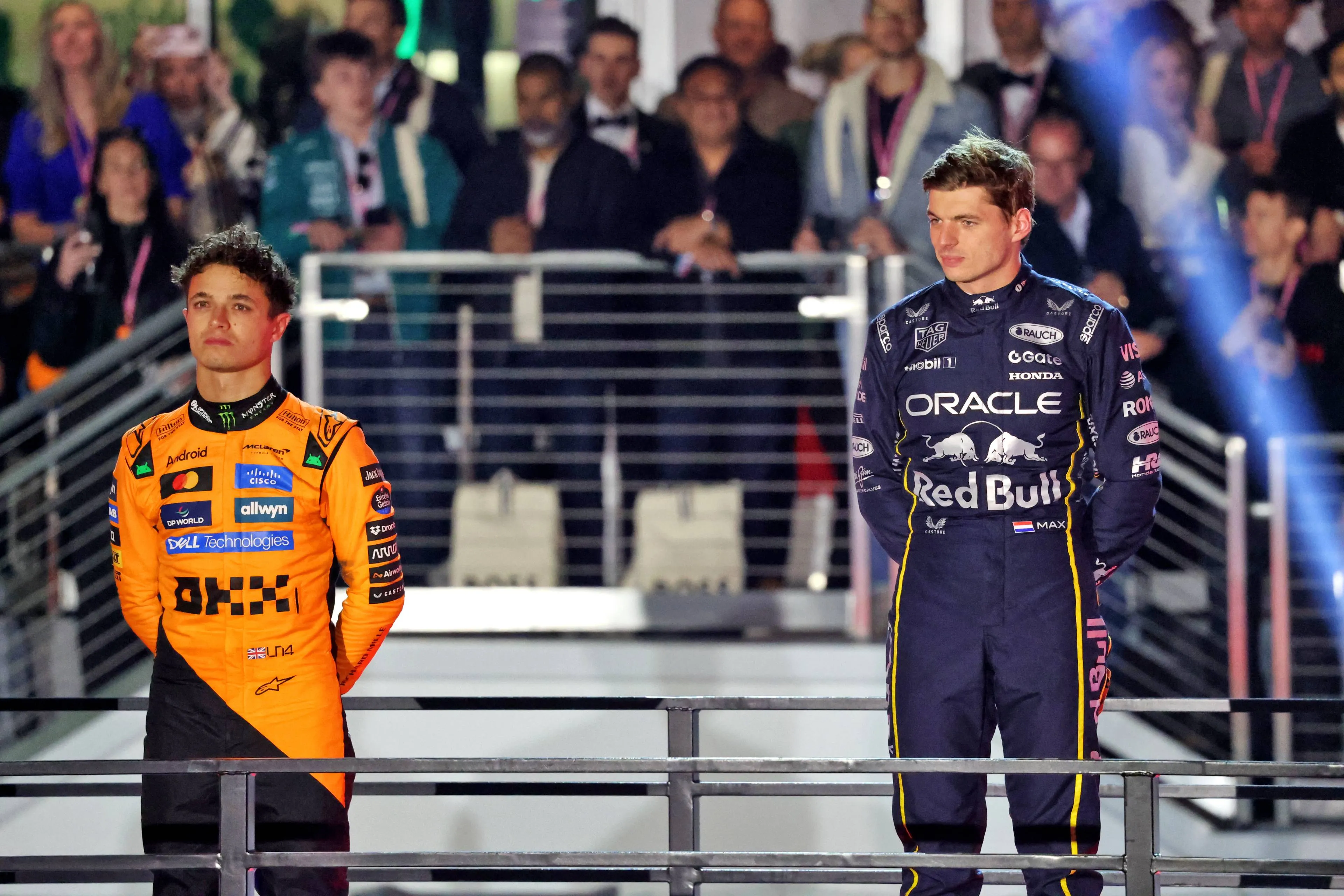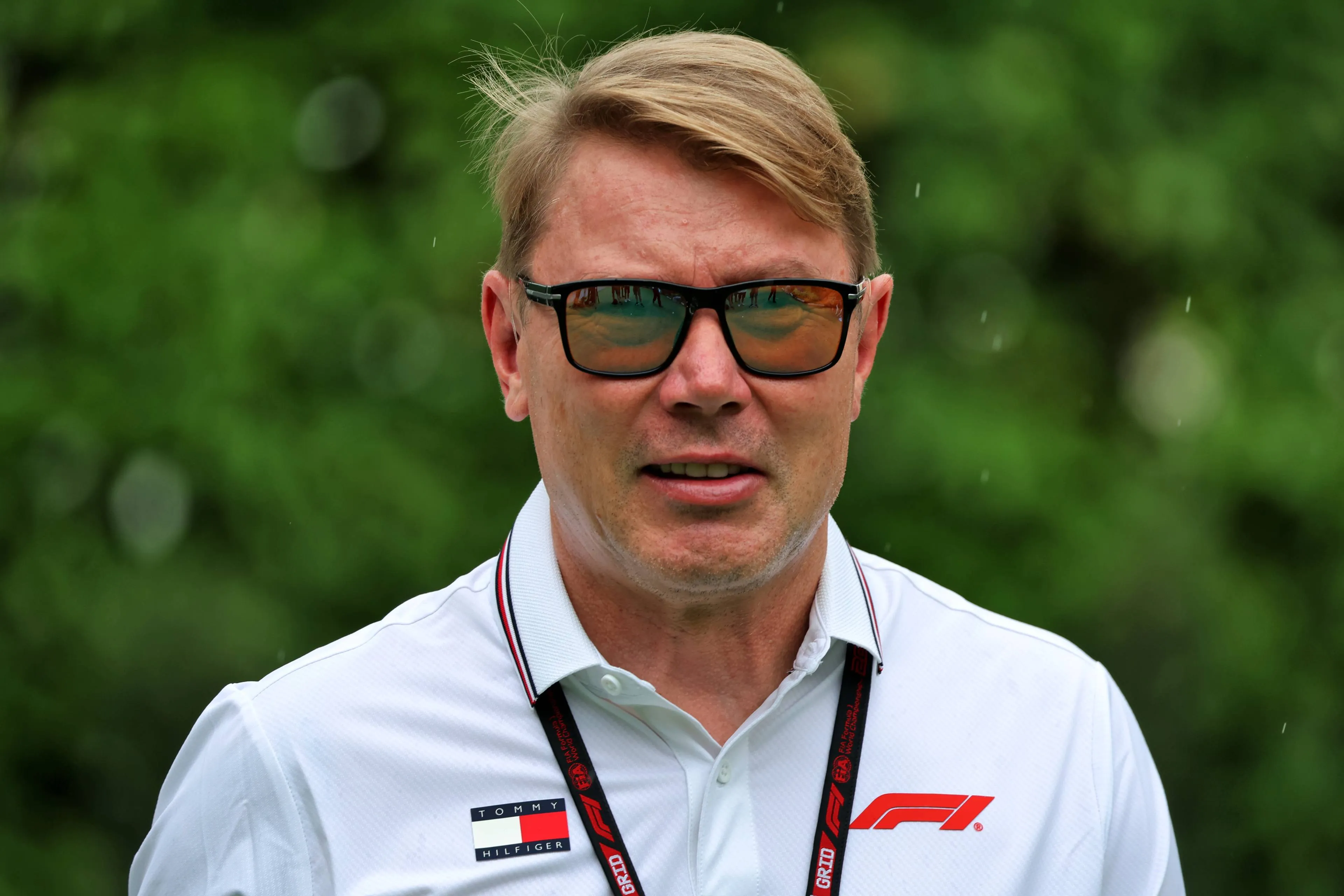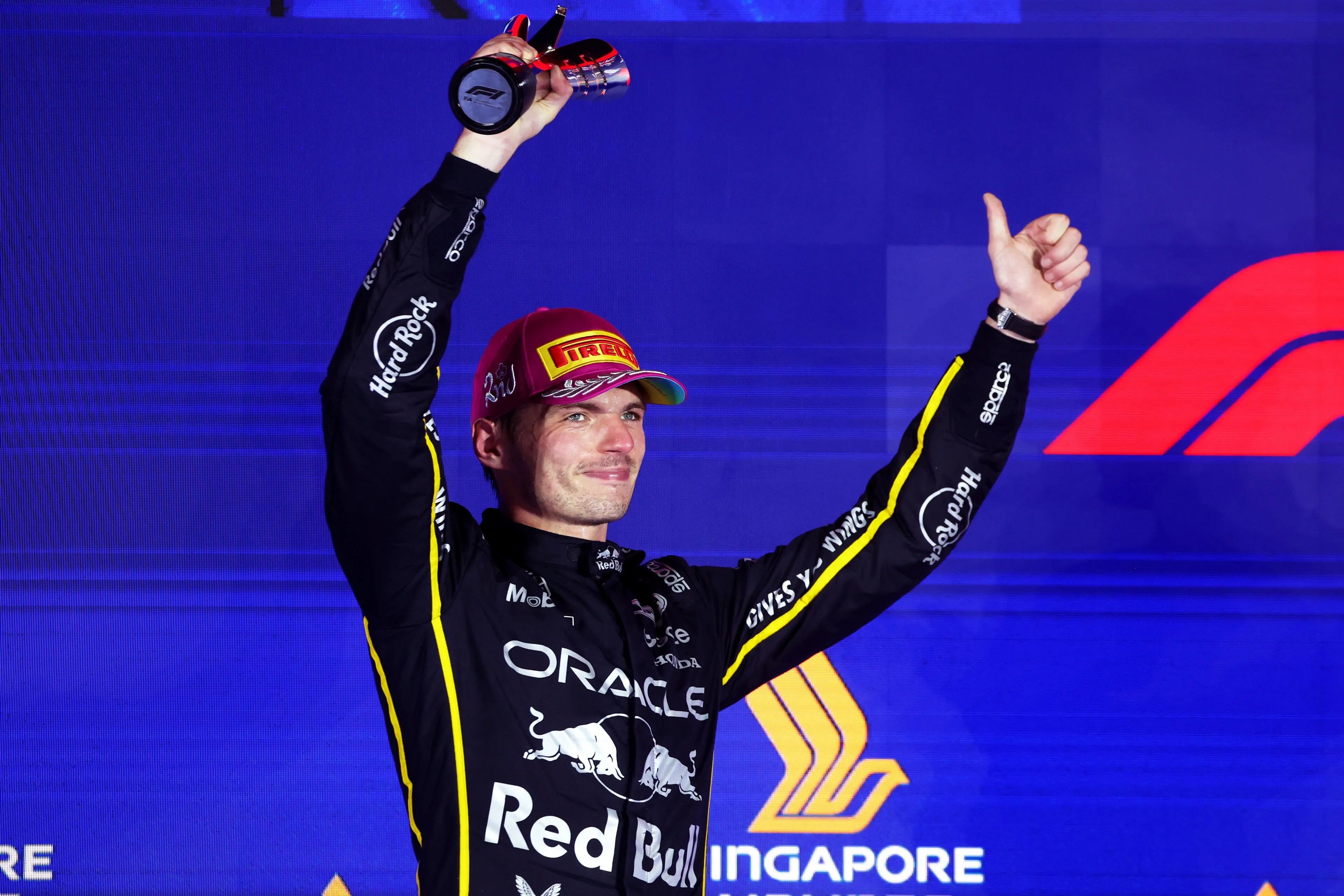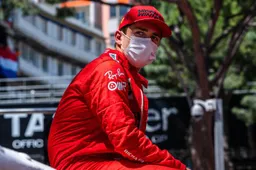The 2022 Formula One cars were supposed to be three to five seconds slower than the 2021 cars, but it turns out that's not quite the case. The designers have already done a good job this year, as the top has stayed pretty close to last year's times.
After seven races in 2022, we can make a nice comparison with 2021. How much slower are the new cars really? The new regulations would make the cars a lot slower, but is that really the case?
Of the seven races this year, we can compare four with 2021. In 2021 there was no racing in Australia and Miami and it rained during the final qualifying session in Imola. So those times are not representative. The times from Saudi Arabia are included, but it should be noted that the race in 2021 was on the calendar much later in the year (December) than in 2022 (March).
Slower than in 2021
| Grand Prix | 2021 | 2022 | Difference | Difference in percentage |
| Bahrain | 1.28.997 (Verstappen) | 1.30.558 (Leclerc) | +1.561s | +1,75% |
| Saudi Arabia | 1.27.511 (Hamilton) | 1.28.200 (Perez) | +0.689s | +0,79% |
| Spain | 1.16.741 (Hamilton) | 1.18.750 (Leclerc) | +2.009s | +2,62% |
| Monaco | 1.10.346 (Leclerc) | 1.11.376 (Leclerc) | +1.030s | +1,46% |
| Average | +1.322s | +1,66% |
For the four races included, we looked at the fastest qualifying time in Q3 and then it is immediately noticeable that every fastest time in 2022 is a lot slower than it was in 2021. Still, it's not as much as was expected. In Spain, Charles Leclerc was two seconds slower than Lewis Hamilton 's fastest time in 2021, but at all other circuits the difference remained under two seconds.
In Bahrain, Leclerc was one and a half seconds slower than Max Verstappen in 2021, and Leclerc lost just over a second in Monaco on his own time. In Saudi Arabia we see the smallest difference of just over half a second, but this may be influenced by the fact that the race was held at a different time of year.
F1 keeps difference limited
Over the four races, the time for pole position was on average 1.322s slower than in 2021. A much smaller difference than previously thought. In the first year of these new regulations, that's a handsome achievement by the engineers and designers, as they will gain more and more ground in the coming years.
Proportionally, the pole time was on average 1.66 percent slower than in 2021. The short track in Spain also lost the most time proportionally, as the Circuit de Barcelona-Catalunya is also short.
Read more about:
Popular on GPBlog

1
Max Verstappen reveals plans for the 2026 season after Mercedes switch
1400 times read

2
F1 champion declines Ferrari 2025 judgment amid ‘hate mail’ fears
1001 times read

3
Piastri put on the spot by Australian TV with Lando Norris question
953 times read

4
Verstappen stars in photoshoot as fans draw strange conclusion
725 times read
Loading
